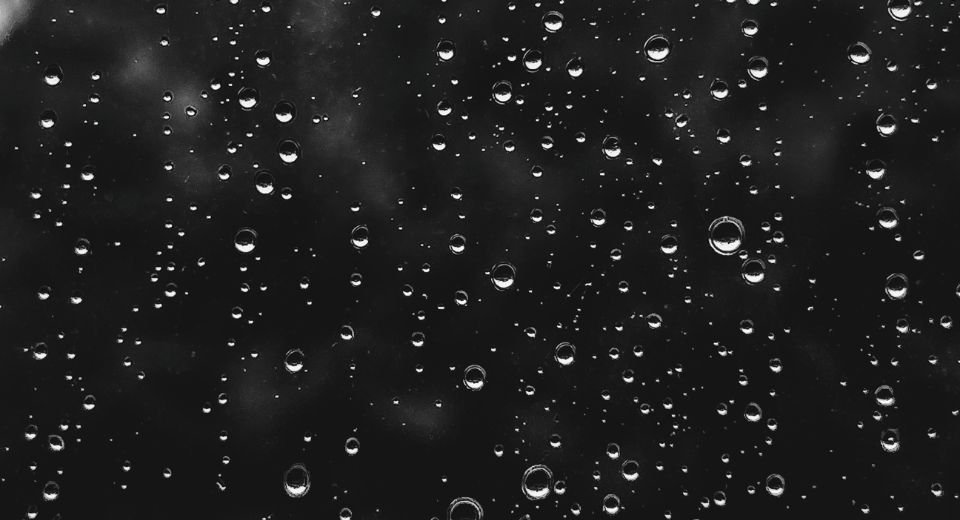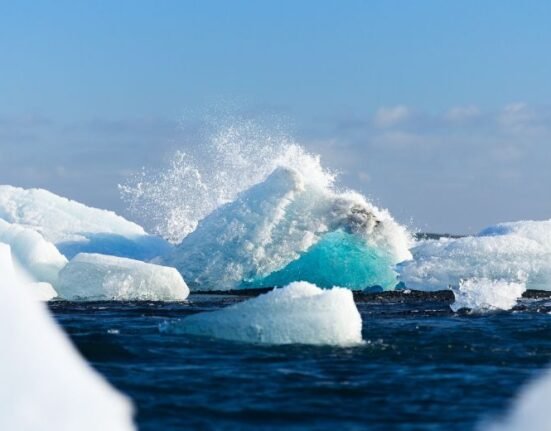HQ Team
June 15, 2023: Scientists need to shut their umbrellas and step out into the rain to understand the weather conditions instead of relying on remote sensing while remaining dry inside a room.
Researchers at the Cleveland State University led by John T. Van Stan said human observation of storm events —rain, snow, or occult deposition — was key to understanding wet weather and its impact on the natural world.
Direct observations are often infeasible. Remote observation systems are crucial for capturing phenomena that are frequent, long-lasting, or not easily predicted, but this introduces limitations to what we perceive.
“An unintended consequence of their deployment is that many scientists may not enter the storm, instead forming perceptions on the basis of sensor data while staying dry.”
The study, published in BioScience, a journal of the American Institute of Biological Sciences, stated that the scientists’ scope of “inference and ponderings” may omit the impacts, flows, and drips that transport water through ecosystems during storms.
Build intuition
“Natural scientists seem increasingly content to stay dry and rely on remote sensors and samplers, models, and virtual experiments to understand natural systems,” Van Stan said.
“Consequently, we can miss important stormy phenomena, imaginative inspirations, and opportunities to build intuition—all of which are critical to scientific progress.”
The authors also stated that important phenomena like low-lying fog events, vapor trapped beneath forest canopies, and condensate plumes may escape remote detection, yet be sensible to scientists on the ground.
This type of “umbrella science,” they warned, could miss important localized events.
Oversights
For instance, in describing rainwater’s flow from the forest canopy to the soils, the authors note that “if several branches efficiently capture and drain stormwaters to the stem, rainwater inputs to near-stem soils can be more than 100 times greater.”
These oversights can affect Earth systems models, which often underestimate canopy water storage. They argue that these errors may represent a “large potential bias in surface temperatures simulated by Earth systems models.”
Direct observation, however, has merits beyond remedying the shortcomings of “umbrella science.”
Van Stan and colleagues see intrinsic value in firsthand storm experiences – not only for natural scientists, but also students studying climate change impacts on ecosystems.
‘Umbrella perspective’
Modern natural scientists often approach their study systems beneath an “umbrella perspective” — a limited viewpoint that obscures phenomena occurring just before, during, and after storms.
Although remote sensing and virtual experimentation with models are useful, their utility was limited because they cannot measure or test the phenomena or hypotheses that we have not yet observed or imagined.
Real-time observation of storm-related phenomena could shine a light on processes currently shadowed beneath umbrella perspectives.
Many scientific breakthroughs were not products of technological advancement itself, but were enabled by using new technology as an extension of the human observation system and imagination.
Human experience in the storm builds our intuition—motivating the expansion of technology’s observational capabilities.
They claimed that this immersive method enhanced understanding incites curiosity, and strengthens bonds with nature, thereby enriching environmental education, inspiring research, and preparing the future scientific community.






1 Comment